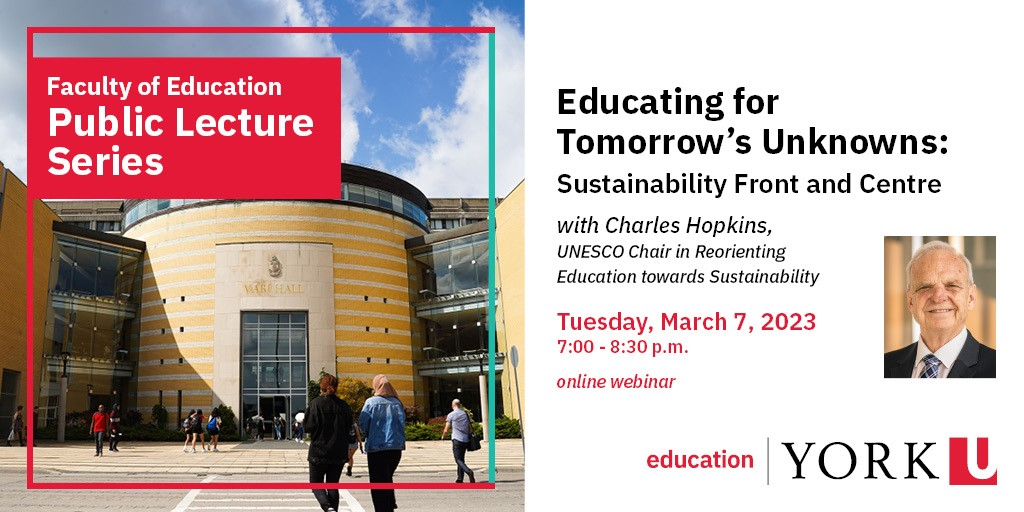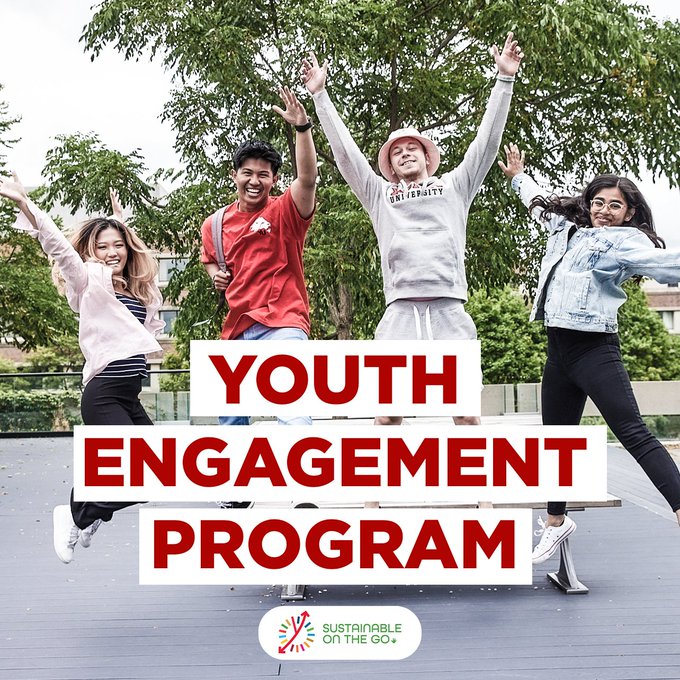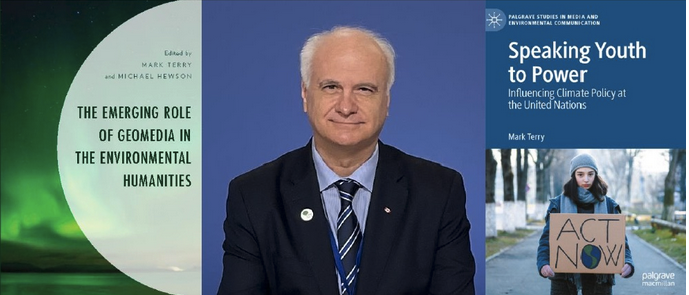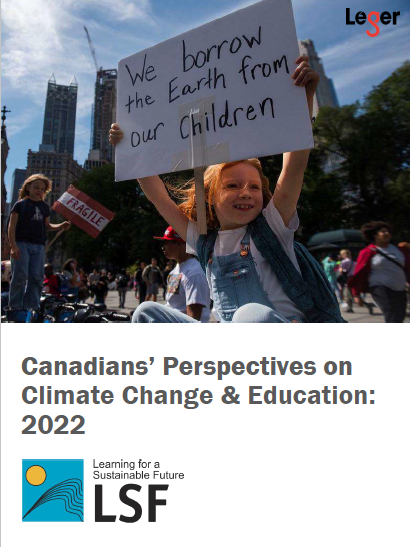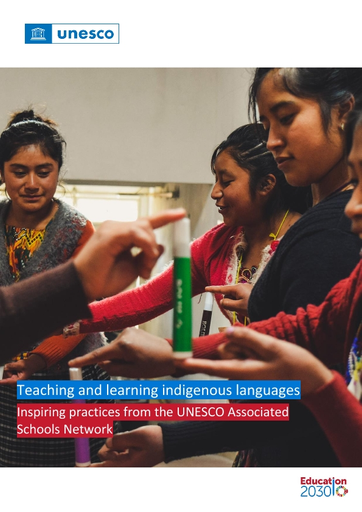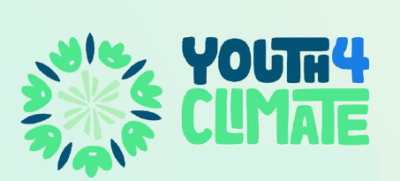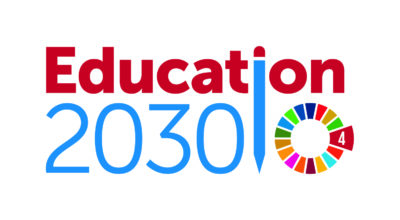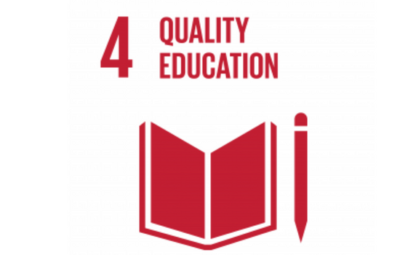Dear Colleagues, Network Partners, and Friends,
Greetings from Toronto. Welcome to the 2023 edition of our UNESCO Chair Newsletter! We hope that the holidays were restful and 2023 has started on a positive note. As we have just celebrated the fifth International Day of Education on 24 January, we hope that continuing to work towards quality education and SDG 4 was part of your New Year´s resolutions. There is lots to do if we want to make the most of the remaining seven years between now and 2030. We look forward to more collaboration and exchange.
The calendars for this year are filling up quickly. Find a selection of events in the upcoming weeks as well as recent publications and other news that might be of interest to you. Feel free to share this newsletter with your colleagues, stay well, and please stay in touch.
Charles Hopkins & Katrin Kohl
UNESCO Chair in Reorienting Education towards Sustainability, York University
Public Lecture on 7 March 2023: Educating for Tomorrow's Unknowns
Climate change or rising inequalities, whether happening locally or in other parts of the world, do not only impact our individual future but are central for collective action in tackling these and other global challenges.
How can we understand global issues? How can we learn to live happily, sustainably, and ethically without the feeling of only cutting back? What does this exactly mean for educators, parents, and students?
Join us for a public lecture on 7 March 2023 at 7 pm (EST) on the potential of educating for a sustainable future for young people to become global citizens in this complicated world.
Sustainable on the Go: Learning from the Youth Engagement Program
On 17 November 2022, York University with their international partners: the International Association of Universities, the Canadian Commission for UNESCO, and Okayama University Japan, held the second edition of the Sustainable on the Go Conference. The Conference engaged new voices, partners and stakeholders in creative dialogue formats with a strong focus on youth. With their contributions, the current discussion on sustainable and inclusive internationalization in higher education was enriched.
The Youth Engagement Program started five months in advance of the conference with 49 students from 18 countries participating in a series of conversations. The Program was created as a strategy to mentor, guide and prepare students to meaningfully participate and actively engage in the conference as speakers, moderators, and presenters.
The young people from around the world co-created contributions to address differences in knowledge and skills, inter-generational perspectives, and different priorities. The Program provided a safe space for students and an opportunity to be heard by more than 450 international experts with their creative and practical perspectives on responsible and inclusive internationalization. Find out more about the Youth Engagement Program and the Sustainable on the Go Initiative.
News from York University
York University now maps courses that include the SDGs in the classroom to better understand how global challenges are addressed in study programs.
York University joins UNAI
In January 2023, York University joined United Nations Academic Impact as its newest member. Congratulations!
UNESCO Chair in the media
Charles Hopkins and Katrin Kohl were featured in an article “The lost treaties of Lithuania: priceless diplomatic treasures found in Toronto” in The Globe and Mail.
The Global Convention on the Recognition of Qualifications in Higher Education will enter into force on 5 March 2023
With the ratification by Andorra on 5 December 2022, the 2019 Global Convention on the Recognition of Qualifications concerning Higher Education will enter into force on 5 March 2023.
The Global Convention establishes universal principles for fair, transparent, and non-discriminatory recognition of higher education qualifications, qualifications giving access to higher education, and offering avenues for further study and employment. This is a milestone for higher education as countries commit to strengthening international cooperation in higher education and helping make academic mobility and the recognition of qualifications a reality for millions around the world.
A global convention enters into force three months after at least 20 countries have ratified or approved. Other countries that have ratified the convention are Andorra, Armenia, Cabo Verde, Côte d’Ivoire, Croatia, Cuba, Estonia, France, Holy See, Iceland, Japan, Lithuania, Nicaragua, Norway, Palestine, Romania, Slovakia, Sweden, Tunisia, the United Kingdom of Great Britain, and Northern Ireland.
Accelerating Action for the SDGs: a new global survey on higher education and research for sustainable development
On 31 January 2023, the International Association of Universities launched their most recent report on the engagement of higher education with sustainable development. The report demonstrates an increase in more substantial and holistic institutional commitment and engagement. The UNESCO Chair team served in the working group for the global survey development that this new report is based on. The survey generated 464 responses from 120 countries, providing a current picture on the state of the higher education landscape.
In case you missed it...
Youth Climate Report Director and UNESCO Chair Associate Mark Terry launched two new books on 20 January 2023.
The Emerging Role of Geomedia in the Environmental Humanities. Published by Lexington Books, a division of Rowman & Littlefield. (2022). ISBN: 978-1-66691-342-2.
Speaking Youth to Power: Influencing Climate Change at the United Nations. Published by Palgrave Macmillan. (2022). ISBN: ISBN: 978-3-031-14297-0.
Learning for a Sustainable Future: Canadians' Perspectives on Climate Change & Education
Learning for a Sustainable Future (LSF) just published a new report on perceptions of climate change and education. The survey aimed to assess Canadians’ knowledge, understanding of climate change and its risks, and to explore views on climate change education in Canada. This survey compared 2022 results from surveying more than 4,000 Canadians to the 2019 benchmark survey and provided recommendations to all sectors to support climate learning.
The results illustrate how the general public, teachers, parents and students view climate change education in Canadian schools. Each target group provides insights on the role schools should play and what supports teachers and students require to address climate change in their classrooms.
This research was conducted by LSF. Leger Research Intelligence Group provided data collection and analysis. This project was undertaken with the financial support of the Government of Canada.
Teaching and Learning Indigenous Languages: Inspiring Practices from UNESCO Schools
The United Nations General Assembly proclaimed the decade between 2022 and 2032 as the International Decade of Indigenous Languages (IDIL 2022-2032), to draw attention on the critical situation of many Indigenous languages and to mobilize stakeholders and resources towards preservation, promotion, and revitalization of Indigenous languages. Approximately 40 % of the world´s population currently do not have access to an education in the language they understand and speak fluently.
This publication aims to share inspiration for educators to include Indigenous languages in teaching and learning where appropriate. The content draws from survey responses, highlights compelling examples, and outlines promising approaches for the teaching and learning of Indigenous languages, along with the mainstreaming of Indigenous cultures, histories and knowledge, in schools worldwide.
United Nations Open Science Conference on 8-10 February 2023
Register for the virtual conference
The third Open Science Conference will bring together policy makers, representatives of intergovernmental organizations, researchers, scholars, librarians, publishers, and civil society. Under the theme Accelerating the Sustainable Development Goals, Democratizing the Record of Science, participants will engage in a dialogue about the opportunities and challenges of practising open science and explore initiatives towards open scientific methods.
SDG Conference Bergen on 8-10 February 2023
Register for the virtual conference
The theme of the sixth SDG Conference Bergen 2023 is A just transformation to a sustainable future. Focusing on a sustainable transformation of societies to become safe and just for all of humanity entails thinking about the grand challenges of our time both here and now and for the future. Since sustainable development is about much more than mitigating climate change, how can we ensure that this transformation is a just transition leaving no one behind?
Respond to the Youth4Climate Solutions Call
The UNDP Rome Centre is looking for innovation and ideas from young people around the world. Recognizing the ability and creativity of young people and youth organizations/networks and to boost direct support to implement innovative solutions addressing the climate emergency, this call is open to all between 18 and 29. Register on the Youth4Climate Platform and submit your application by 31 March 2023.
Launch of a Global Youth Initiative for quality education
The Global Youth Initiative was developed by youth and student networks and other partners under the overall coordination of the SDG4 Youth Network, and is the first multi-stakeholder, global initiative aiming to ensure meaningful youth engagement and leadership in education policy-making. Learn more about this pioneering initiative for youth engagement in education.
It is report card time. Check the SDG 4 Score Card!
The Education 2030 Framework for Action called on countries to set intermediate benchmarks for SDG 4 indicators. The UNESCO SDG4 Scorecard shows how fast countries are progressing towards their national benchmarks. National benchmarks are to help countries to localize and contextualize the monitoring of progress towards the global education targets. Find out more about the SDG 4 Scorecard and read the 2023 Scorecard Report.
A key outcome from the Transforming Education Summit in 2022 was to add three more indicators to the SDG 4 monitoring framework with associated national benchmarks on (1) greening education, (2) digital transformation and (3) youth and student engagement in policy making. Currently, these indicators are being defined.
Respond to the open call for contributions for UNESCO´s Roadmap for Higher Education
UNESCO has launched a call for contributions that seeks to collect relevant feedback, novel perspectives/information and best practices from UNESCO Member States, and individuals/experts on their Higher Education Roadmap, Beyond Limits. New Ways to Reinvent Higher Education.
The Roadmap was launched as a working version during the third World Higher Education Conference in Barcelona (Spain) in May 2022. This reference framework addresses UNESCO’s vision of higher education, the evolving landscape of institutions, the principles to shape our shared futures, the major challenges that must be overcome in reinventing and transforming higher education, and practical approaches to turn dialogue into action and results. The enriched version of the Higher Education Roadmap will be published and presented in relevant event/s in 2023. Submission deadline: 15 February 2023.

